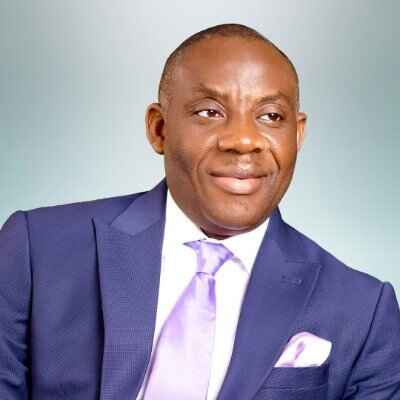In a landmark decision, the Federal Government of Nigeria has announced the scrapping of the Junior Secondary School (JSS) and Senior Secondary Schools (SSS) structures, paving the way for a new compulsory 12-year uninterrupted basic education model. This initiative aims to replace the existing 6-3-3-4 education system with a more streamlined 12-4 model, allowing Nigerian children to aspire to higher education after completing twelve years of foundational learning.
The announcement was made by the Minister of Education, Dr. Tunji Alausa, during the 2025 extraordinary National Council on Education (NCE) meeting held in Abuja. The NCE, the highest policy-making body in Nigeria’s education sector, saw the attendance of education commissioners from all 36 states and the Federal Capital Territory, along with various agencies and development partners.
Dr. Alausa emphasized that merging secondary education into the basic education framework will provide students with consistent learning opportunities until the age of 16. He stated, “The new policy is in line with global best practices,” and reiterated that it aims to significantly reduce dropout rates by addressing both financial and systemic barriers that hinder students from completing their education.
The Minister further explained that extending basic education to 12 years will enable a standardized curriculum across the nation, ensuring that all students receive equal educational opportunities. “This will also facilitate early exposure to vocational and entrepreneurial skills, preparing students for both higher education and employment,” he added.
Drawing comparisons with developed nations that have successfully implemented similar educational frameworks, Dr. Alausa noted that the reform aligns Nigeria’s education system with international standards, enhancing the country’s competitiveness on a global scale. He also highlighted the broader socio-economic benefits, stating, “Educated youth contribute significantly to national development. When students receive an extended period of compulsory education, they are better equipped to join the workforce with relevant skills.”
To ensure the successful integration of secondary education into the basic education system, the Minister outlined several implementation strategies. These include policy reforms, infrastructure expansion, teacher training and recruitment, enhanced funding and partnerships, and curriculum improvement.
As Nigeria moves to embrace this progressive educational reform, the focus will remain on fostering a generation equipped with the skills and knowledge necessary for the challenges of the modern world.
For more updates, follow Newspot Nigeria.
Share your story or advertise with us: Whatsapp: +2347068606071 Email: info@newspotng.com

















